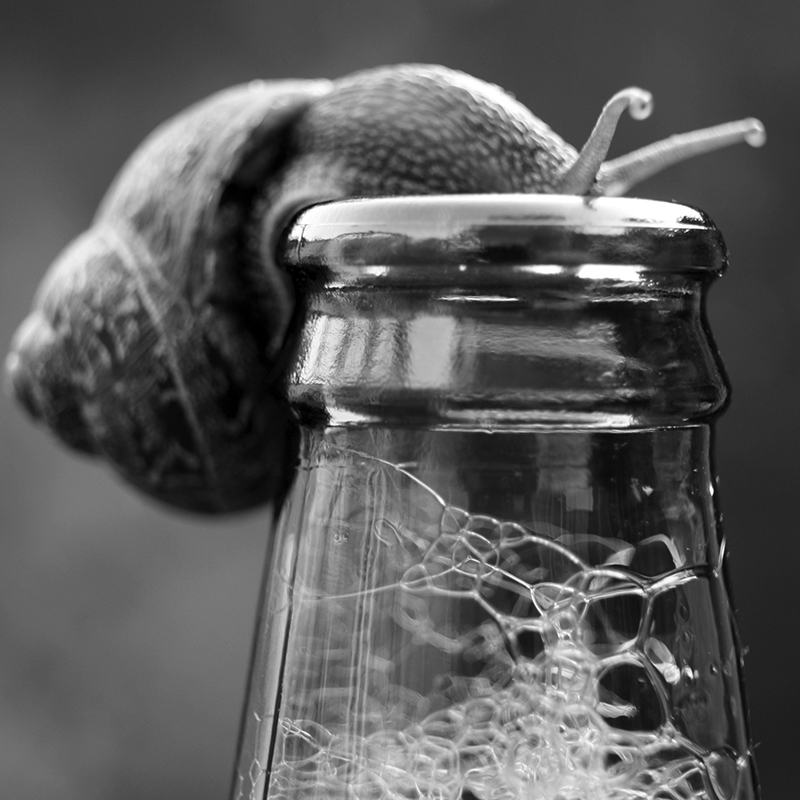
James Wilson revisits the trail of Donoghue v Stevenson
One of the defining features of the common law is that it has developed not from complex rules delivered from on high, but rather from the courts recognising and enforcing private bargains voluntarily concluded by ordinary citizens. There can be no better example than Donoghue v Stevenson , perhaps the most recognisable civil case of all—certainly in respect of its imagery of a snail emerging from a ginger beer bottle. Just over 80 years after the House of Lords ruled on the case, it still features among the top 10 most viewed cases on most legal databases.
Snail tale
The story begins on 26 August 1928, when the recently divorced and reasonably indigent Mrs Donoghue entered the Wellmeadow Café in Paisley with a friend. The friend bought a drink for herself and a “ginger beer ice cream float” for Donoghue. The café’s owner, one Francis Minghella, poured some of the ginger beer over the ice cream to create the “float”. Donoghue drank some and her









